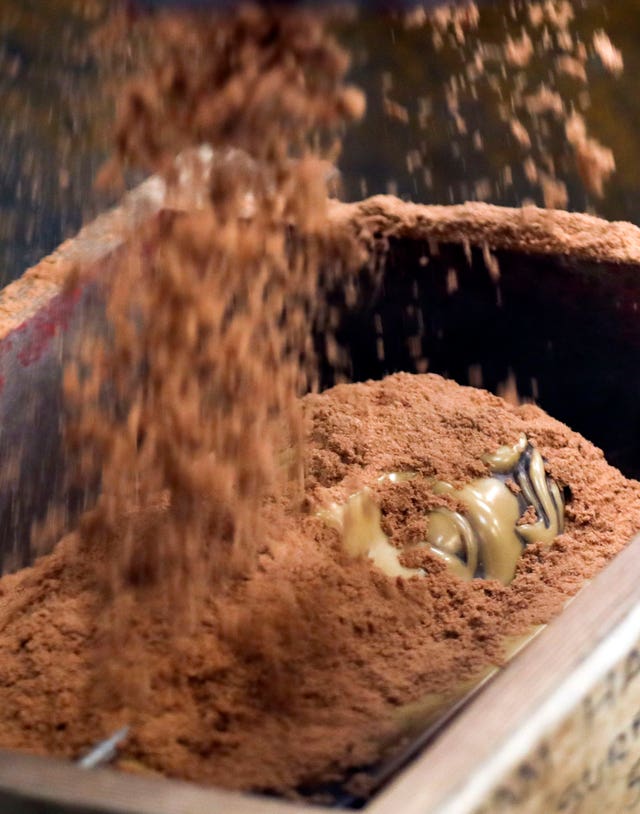
Bafta trophies have been repaired after award recipients damaged them in incidents including using them as a doorstop, according to a craftsman for the manufacturing firm.
A repair was required for another recipient after they threw their bronze mask at their spouse, he added.
The trophies are hand-made at a factory in west London in a process that has remained largely unchanged for about 40 years.
Patrick Helly, who works as a technical adviser at the New Pro Foundries factory in West Drayton, said: “In one instance, we were told that the Bafta had been thrown at the spouse and the Bafta was damaged, not the spouse.”
Mr Helly, who has been involved with the manufacture of the trophies since 1978, added it is “quite good fun when we get asked to repair Baftas from people who have won them in previous years”.
“People might use them as a doorstop and the door has whacked against it and bent it,” he said.
Preparations are currently under way for this year’s awards show, which is in less than two weeks’ time.
Mr Helly added that the casting of the Baftas is “the high point” of the year for the firm.
For the foundry’s staff, watching the trophies being handed out is an enjoyable moment, he added.

“To our guys, they love seeing people picking up the Bafta and waving it around because that’s what they all do.”
The mask was created in 1955 by US sculptor Mitzi Cunliffe after she was commissioned to design the trophy.
It is based on the tragicomic mask of Ancient Greek theatre.
The awards are made from bronze, which is cast inside a sand casing before being polished and placed into its stand.
The casting process takes around three hours, with a total of about 280 trophies made each year in small batches.
This year’s awards ceremony, which is being hosted by TV presenter Graham Norton, will take place at the Royal Albert Hall on February 2.


Comments & Moderation
Readers’ comments: You are personally liable for the content of any comments you upload to this website, so please act responsibly. We do not pre-moderate or monitor readers’ comments appearing on our websites, but we do post-moderate in response to complaints we receive or otherwise when a potential problem comes to our attention. You can make a complaint by using the ‘report this post’ link . We may then apply our discretion under the user terms to amend or delete comments.
Post moderation is undertaken full-time 9am-6pm on weekdays, and on a part-time basis outwith those hours.
Read the rules here